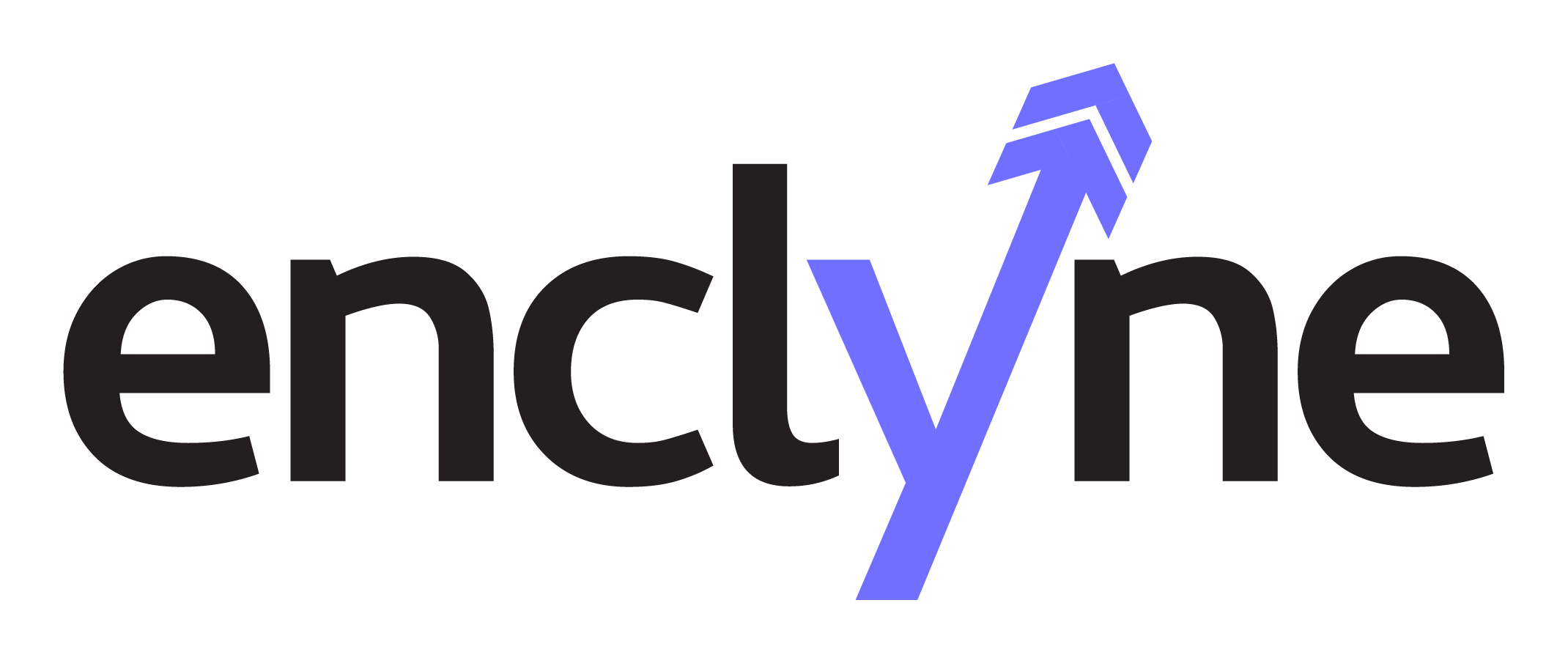A key decision when buying Microsoft’s cloud productivity suite is whether you will buy the Business level, Office Enterprise Level or Microsoft Enterprise or Enterprise level services. Both levels offer an extraordinary portfolio of services. And it keeps getting better with the addition of Teams which brings everything together. Check out our blog about Teams.
Plus or Minus 300 Users: The major distinction is that the Microsoft Business Essential, Standard and Premium are for companies that are under 300 users. The E-Class or Enterprise licenses are for organizations with enterprise class needs and more than 300 users.
But that’s just the opening ante and doesn’t address many of the important features you need to consider. Below is our list of 5 things you should know before you select your licensing.
Editors Note: What if you make a mistake? All licenses can be changed either for all users or for a select number of users who need additional capabilities or security.
- Security: Microsoft has done a fabulous job of improving security options for organizations. These options transcend the user count and go the heart of your security needs. So selecting a license level should start with Security. Security features were added to the relatively new Business License called Microsoft Business Premium which muddies this distinction slightly but look to Office 365 Enterprise licenses and Microsoft 365 for services like phishing prevention, Mobile Device Management, Risk Based Conditional Access, Insider Risk Management and a number of advanced security and compliance features
- Microsoft Office – Now Microsoft Apps for Business or Apps for the Enterprise – You know Microsoft has to change the name of products periodically!! Here are the Microsoft Apps for Business:

And the Microsoft Apps for Enterprise:

You may notice the Business class apps has Publisher and Access. The value is hard to distinguish. In Microsoft’s description they make this statement: “Apps for Enterprise also includes enterprise-grade security and compliance features, enhanced communication tools, and fine-grained controls for deployment and management”
- Archiving Email with Legal Hold: This service is part of Microsoft Office E3, E5 and Microsoft 356 E3, E5. It is a great feature for organizations with a high probability of lawsuits or the need to retain all email This service can be added to any Exchange Online Services via Exchange Online Archive which costs $3.00 per user/month.
- More Mail Storage: The Business Level mail services have an upper limit of 50 gigabytes of mail. The Microsoft 365 and Office 365 have 100 gigabytes. Again, you can mix and match licenses to add this capacity to a heavy user. For even bigger email accounts you can use the archiving feature to offload messages from the OST into the archive. Offloading messages from Outlook to the archive is a great practice for very large inboxes due to the limitations of the Outlook client. At about 8 to 10 gigabytes the Outlook OST indexing begins to miss results. The server based search is much more effective whether used in OWA or Archiving.
- Enterprise Size Features: Large enterprises want to know how users are behaving and how services are being used. Additionally, large organizations provide more self-serve options like password reset. There are too many features to list. If you have a specific metric you wish to track contact our team and we will show you which license and report with get what you need.
